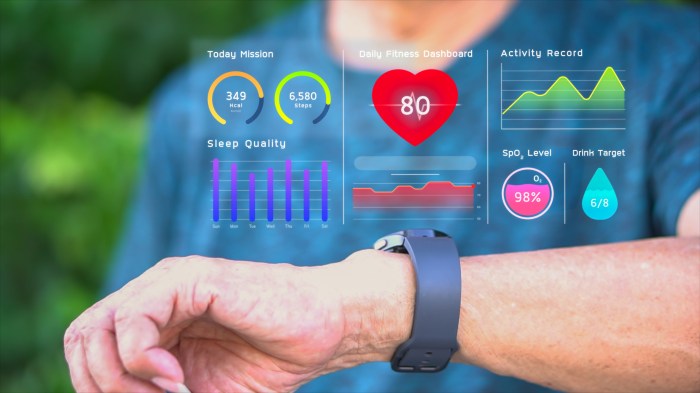 A recent report from Web MD states that sitting for an extensive amount of time may cause an increased risk for blood clots in the lungs, which can be fatal.
A recent report from Web MD states that sitting for an extensive amount of time may cause an increased risk for blood clots in the lungs, which can be fatal.
The study, which followed 70,000 nurses for 18 years, concluded that those who spent hours sitting between their breaks were more likely to build up blood clots in their lungs compared to those who spent their off-time being active.
Although blood clots could not be directly related to the nurses movements, researchers pointed out that decreased blood flow in the legs is known to be a main cause of pulmonary embolisms, which occur after pieces of the clots break off from the legs and travel to the lungs.
One of the studies researchers, Christopher Kabrhel, MD, said that the nurses who sat more often than others had double the risk of getting a pulmonary embolism. “It’s the third most common cause of cardiovascular death in the country. It’s about as common as strokes,” Kabrhel said.
The study concluded that sitting for six hours a day on average will lead to a greater risk of your body producing a pulmonary embolism. Shortness of breath, chest pains, coughing, fainting and a weak pulse are all symptoms. Web MD states that 1.5 out of every one-thousands adults is diagnosed with this medical issue. The report suggested that sitting for a long period is also known to increase the risk of obesity, heart disease, diabetes and certain forms of cancer.
On July 5 the FDA announced in a statement their approval of the new drug, Xarelto (rivaroxaban) which works towards preventing blood clots in people who have just had hip or knee replacement surgery. Co-developers of the drug, Johnson & Johnston and Bayer, are looking to market it to all those who suffer from blood clots now that it has the FDA’s approval according to the Wall Street Journal.
“It’s the same thing that I would recommend for people who fly on airplanes when you’re in somewhat cramped conditions for long periods of time, ” said Jack E. Ansell, MD, chairman of medicine at Lenox Hill Hospital in New York City in the study with Web MD. “Get up move about, if you can. At least do some leg and foot exercises to keep the blood flowing.”
































